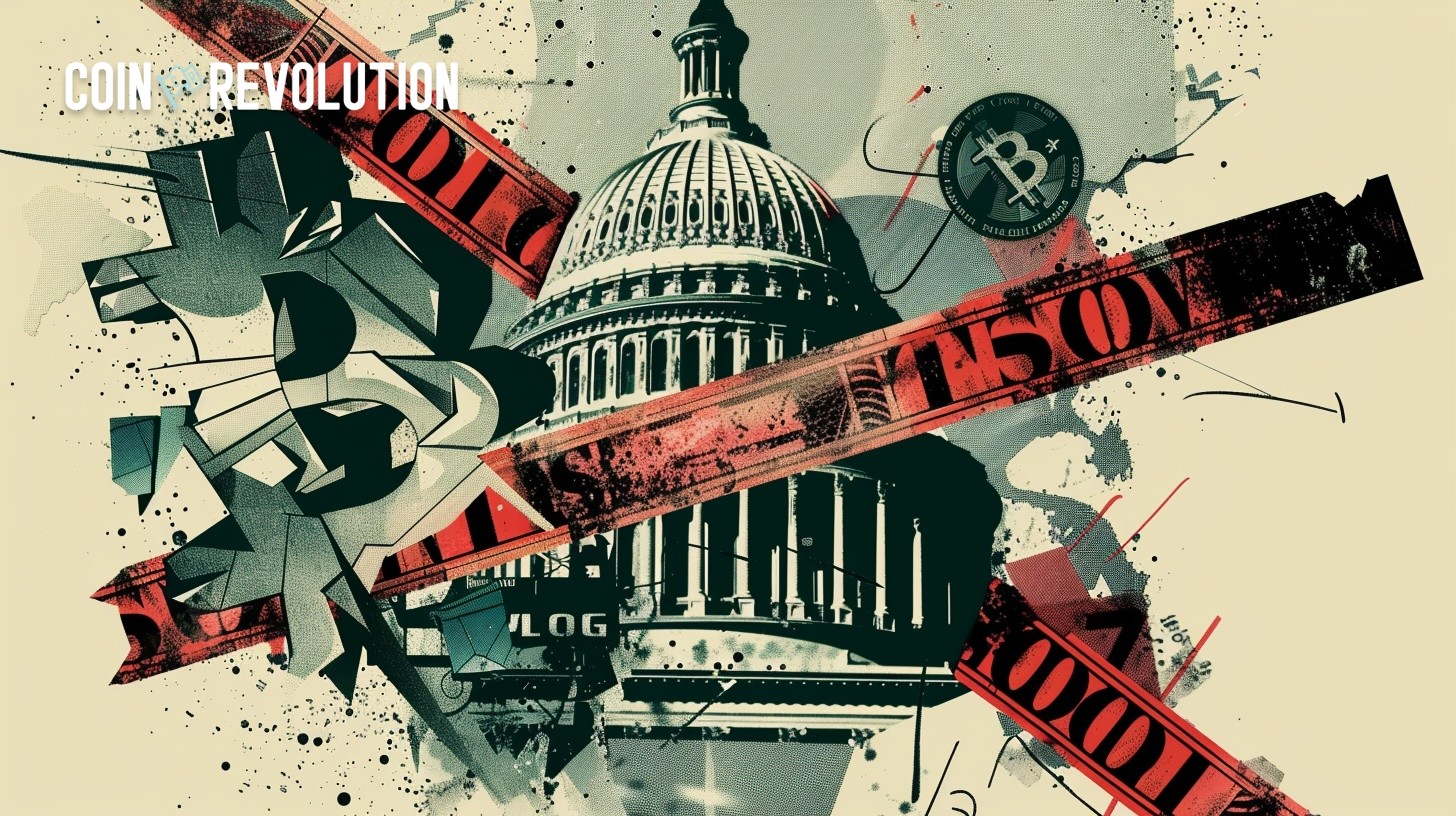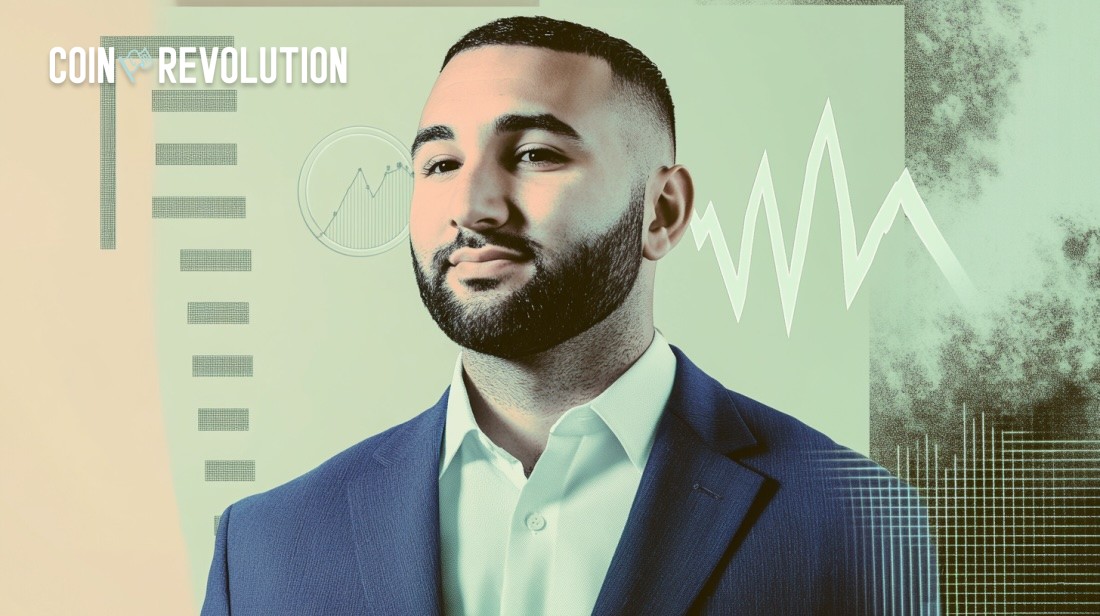Senators Sound Alarm Over Trump’s Crypto Ties Amid Deregulatory Push

Warren, Yellen, and Merkley lead a wave of pushback against Trump’s embrace of crypto. With legislation pending and ethics in question, the boundaries between personal profit and public policy are under fresh scrutiny.
Democratic lawmakers are escalating their criticism of Donald Trump’s cryptocurrency ventures, warning that his dual role as political candidate and crypto profiteer threatens regulatory integrity.
As Congress debates major digital asset legislation, senior senators are introducing new bills and launching investigations into what they characterize as unprecedented conflicts of interest in the crypto space.
Legislative Pushback on Industry-Driven Crypto Bills
Senator Elizabeth Warren, one of Washington’s most vocal crypto critics, has condemned the three major crypto bills progressing through Congress-the GENIUS Act, the Clarity Act, and anti-CBDC legislation-as industry-driven and dangerously lax. Warren said she supports strong crypto regulation-but not, as she put it, “very weak regulation that has been written by the industry.”
Warren reserved particular criticism for the GENIUS and Clarity Acts, asserting that they fail to address what she called “Donald Trump corruption that is occurring right out in plain view.”
Warren warned that current proposals lack essential safeguards for consumer protection, national security, and financial stability. She said the bills “don’t put enough safeguards in place for consumer protection, to make sure that terrorists and human traffickers and drug traffickers can’t use the system.” She added:
And [they need] guardrails to make sure that crypto isn’t used to blow up our entire economy.
Former Treasury Secretary Janet Yellen echoed broader concerns about stablecoin legislation, stating that while she supports the introduction of a federal framework, the recently passed GENIUS Act includes “significant weaknesses.” Yellen noted the bill includes “significant weaknesses,” adding: “It’s not all that I would have wanted to see.” if inadequate controls are implemented.
Oversight Actions and Ethical Concerns Around Trump’s Engagement
Parallel to these critiques, other Democratic lawmakers have initiated oversight actions. Senator Richard Blumenthal and Representative Jamie Raskin have launched committee-led inquiries into Trump’s crypto-related activities. Blumenthal accused Trump of monetizing access to political power, saying:
With his pay-for-access dinner, Trump put presidential access and influence on the auction block.
He called the scale of Trump’s actions staggering.
Senator Jeff Merkley and Senate Majority Leader Chuck Schumer introduced the End Crypto Corruption Act, backed by 22 Democratic colleagues. Merkley described Trump’s crypto dealings as “the Mount Everest of corruption,” adding:
We must ban Trump-style crypto corruption so all elected federal officials cannot profit from shady crypto practices.
Blurred Lines Between Policy and Personal Interest
Trump, for his part, has not distanced himself from crypto ventures. In May, he hosted a private dinner with crypto executives-an event that prompted fresh scrutiny due to the anonymity of some attendees and its proximity to deregulatory policy statements. In March, he held a “crypto summit” at the White House, promising to reverse President Biden’s regulatory approach.
His allies have characterized these engagements as personal-time events, outside the scope of official government business. The Trump Organization has stated that the former president’s assets are managed in a trust overseen by his children, with legal counsel on ethics matters. Nonetheless, critics argue that the optics of policy promotion aligned with personal crypto interests blur the lines of public accountability.
Former Republican congressman Charlie Dent, who once chaired the House ethics panel, joined the criticism:
Nobody should be allowed to use their public positions while in office to enrich themselves. A member of Congress would not be permitted to engage in the kind of memecoin activities which the president has been doing.
As crypto regulation becomes an increasingly partisan issue, the convergence of policymaking, personal profit, and industry lobbying is drawing heightened scrutiny. While supporters of deregulatory efforts frame them as innovation-friendly, opponents argue that without clear boundaries, such policies risk entrenching political self-dealing at the heart of digital asset governance.
The information published on CoinRevolution is intended solely for general knowledge and should not be considered financial advice.
While we aim to keep our content accurate and current, we make no warranties regarding its completeness, reliability, or precision. CoinRevolution bears no responsibility for any losses, errors, or decisions made based on the material provided. Always do your own research before making financial choices, and consult with a qualified professional. For more details, refer to our Terms of Use, Privacy Policy, and Disclaimers.










